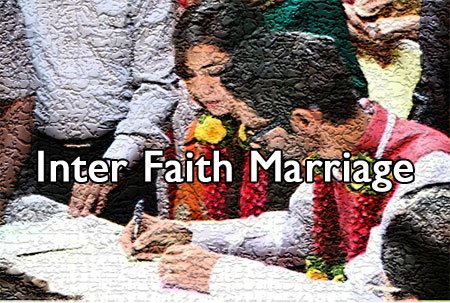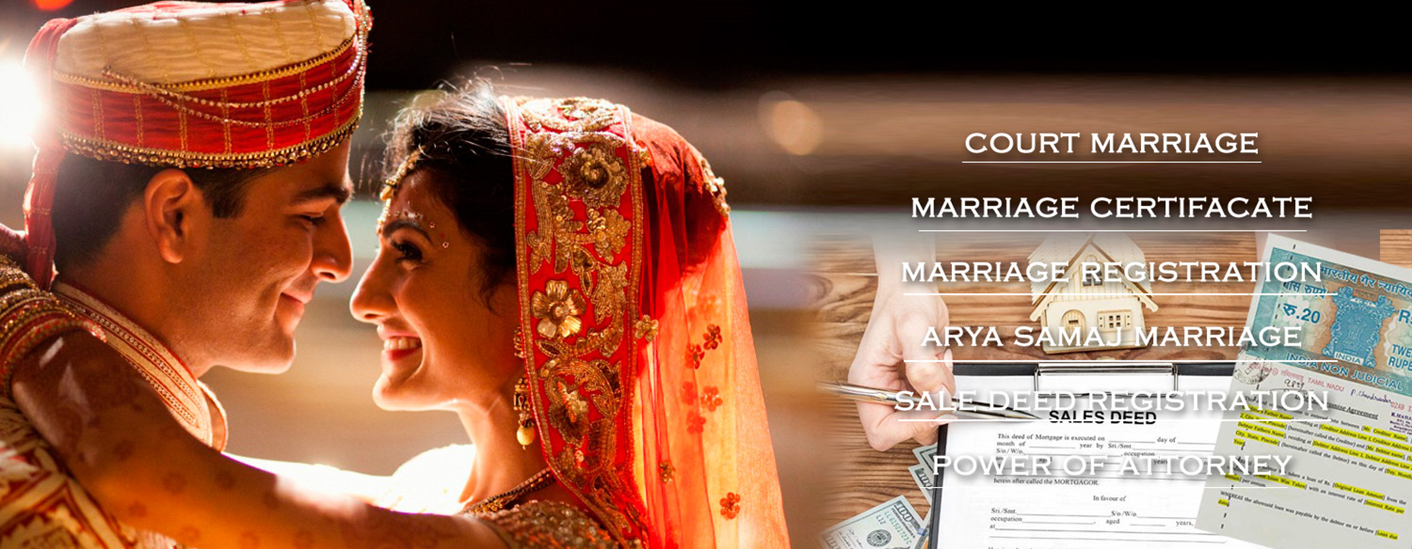Religious conversion for marriage: Delhi High Court’s rules mandate affidavits encompassing consent and age.
 In the case of inter-faith marriages, the Delhi High Court has laid down guidelines for people who are willing to change their religion. This is because these guidelines specify certain criteria and also stipulations for religious conversions within such marriages.
In the case of inter-faith marriages, the Delhi High Court has laid down guidelines for people who are willing to change their religion. This is because these guidelines specify certain criteria and also stipulations for religious conversions within such marriages.
The guidelines lay out specific documentation that serves as proof of a person’s consent to convert to the religion. They require an affidavit from the concerned person confirming the knowledge of the repercussions and also implications of switching faith for marriage.
The court highlights the value of informed consent, noting that a person voluntarily accepting another religion must fully understand all the complexities of such a monumental decision in her life. These directives apply to the people who seek religious conversion for the purpose of inter-faith marriages.
The court stresses the need for the people to know the process of religious conversion and its legal implications. It emphasizes that uninformed conversion can make it impossible for the individuals to practice their religion of origin, if the new religion does not allow such. This may lead to legal, matrimonial, succession and also custody-related issues that the court is particularly worried about.
The court stresses the need for the people to know the process of religious conversion and its legal implications. It emphasizes that uninformed conversion can make it impossible for the individuals to practice their religion of origin, if the new religion does not allow such. This may lead to legal, matrimonial, succession and also custody-related issues that the court is particularly worried about.
This decision by the court was delivered in a case where it declined to dismiss an FIR against a man who had been accused of rape and also criminal intimidation. The Court emphasized the difficulties in a tale of love, lies, law and litigation where a man and a woman who were already married to different partners were also married to each other. The man, who was a Muslim, had married the woman, a Hindu, in spite of her current marriage and his marital status.
However, to ensure the understanding based on the guidelines, converts must present a certificate in their native tongue. Affidavits are also required during the inter-faith marriage post-conversion, except for the marriages under Special Marriage Act, 1954.
The rules also exclude those who revert to their original faith from some of the requirements as it is assumed that they already know their original religion. The court clarifies that it is not establishing any law or a particular way of the conversion. Instead, it steps in when there are many loopholes in the parliamentary laws that could be taken advantage of by those who do not respect
The court’s directives encompass the age affidavits, marital history and also marital status of both the parties, as well as an affidavit attesting to understanding voluntary conversion and its implications. Further, a certificate should be attached to the conversion certificate that describes the tenets, rituals and procedures of religious conversion with implications on divorce, inheritance, custody and also religious freedom. The language of this certificate is to be the vernacular or, if applicable, Hindi or any any other preferred language by the individual.
Contact Sanjeev Singh and Company Best Court Marriage Ghaziabad Consultants

